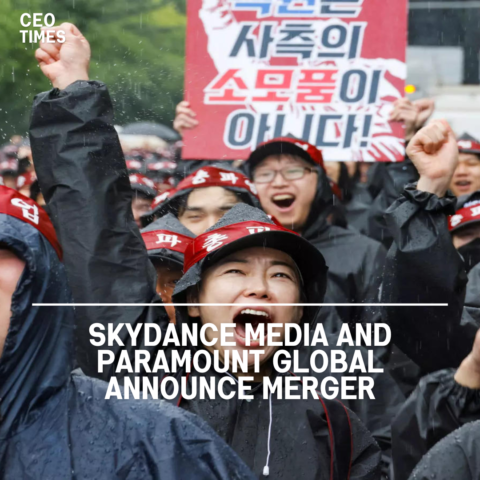An Italian court has taken action against a company owned by the Armani Group, Giorgio Armani Operations, following accusations of labor exploitation through indirect subcontracting to Chinese firms.
The court’s decision underscores growing concerns over ethical practices in the fashion industry supply chain.
Judicial Administration Imposed:
The court in Milan has ordered a one-year receivership for Giorgio Armani Operations, citing allegations of subcontracting production to Chinese companies that reportedly exploited workers.
This move follows investigations into the outsourcing practices of major fashion groups, highlighting the need for accountability in supply chain management.
Exploitative Practices Uncovered:
Giorgio Armani Operations is accused of entrusting the production of its bags to two firms, which in turn subcontracted the work to four Chinese companies paying workers as little as 2 to 3 euros per hour.
Such exploitative labor practices raise serious concerns about ethical standards within the fashion industry.
Armani Group’s Response:
The Armani Group has stated that it has implemented control and prevention measures to mitigate abuses in its supply chain.
It has pledged to cooperate with authorities to address the allegations and clarify its position. However, the court’s decision reflects the need for greater oversight and accountability in ensuring fair labor practices.
Broader Industry Implications:
The case involving Giorgio Armani Operations is part of a larger trend of investigations into fashion companies’ outsourcing practices.
Recent scrutiny has led to increased judicial supervision of firms like Alviero Martini, indicating a growing focus on addressing labor exploitation in the industry.
Italy’s Craftsmanship Legacy and Challenges:
Italy boasts a rich tradition of craftsmanship in luxury clothing and leather goods production.
However, the prevalence of subcontracting to overseas workshops raises concerns about labor standards and worker exploitation.
The country’s fashion industry faces challenges maintaining ethical practices while meeting global demand.




















